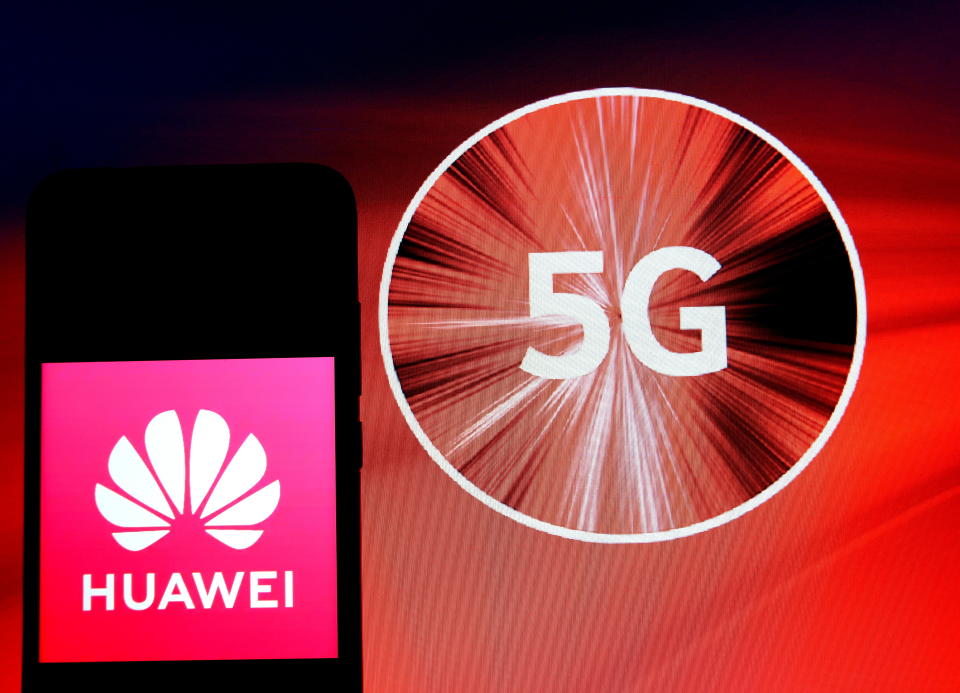Vodafone to spend €200m removing Huawei gear from EU core network

Vodafone (VOD.L) said on Wednesday that it would start stripping Huawei equipment out of the core of its network across Europe, a move that will cost the company around €200m.
The world’s second-biggest mobile network operator company made the decision in the wake of the British government’s decision last week to restrict the Chinese network supplier from being part of its core 5G network buildout
“We have now decided as a result of the EU toolbox and the UK government’s decision to take out Huawei from the core,” Vodafone chief executive Nick Read told reporters. “This will take around five years to implement at a cost of approximately 200 million euros.”
Read said that the process of removing Huawei from the central parts of the telecoms network that handle sensitive customer data would take about five years, as it is quite a complicated job.
The European Commission’s “toolbox” of guidelines on security measures around the buildout 5G networks in EU member states does not directly target or recommend a ban on Huawei equipment, but recommends a limited role for suppliers deems to be high-risk when it comes to critical core parts of the network. It also recommended that equipment from what it calls “high-risk” vendors should make up no more than 35% of a network.
The Vodafone boss said that capping the amount of Huawei equipment in a country’s telecoms network to 35% it could cause a delay in 5G rollout and raise prices for consumers. “I wouldn’t want this for Europe, it would be highly disruptive,” he said.
READ MORE: Boris Johnson defies Trump to give Huawei 5G green light
The UK government announced last week that Huawei had been cleared to work on parts of 5G but said restrictions would be put in place to limit potential national security risks.
The decision was criticised by Washington, which has been pressuring its allies to completely ban the Chinese telecoms giant, claiming it is a national security threat, and could be compelled by the Beijing government to hand over data, including vital security information.
The German government has staunchly resisted US pressure to ban Huawei from its 5G network auctions, instead issuing guidelines demanding deeper assessment of individual suppliers‘ trustworthiness. However, lawmakers in chancellor Angela Merkel’s coalition government remain divided over the potential security risks.
In December, China’s ambassador to Germany threatened retaliation on German companies operating in China, should Berlin end up banning Huawei.
“If Germany in the end were to make the decision that leads to Huawei’s exclusion from the German market, there will be consequences,” Chinese ambassador Ken Wu said onstage at a Handelsblatt summit. “The Chinese government will not stand idly by.”
READ MORE: China threatens 'consequences' if Germany bans Huawei
In what appeared to be a direct threat to the German automotive industry’s presence in China, he noted that out of the 28 million cars sold in China last year, 7 million were German. “Could we say one day that these German cars are not safe because we are able manufacture our own cars?” Wu said. “No. That is pure protectionism.”

 Yahoo Finance
Yahoo Finance 